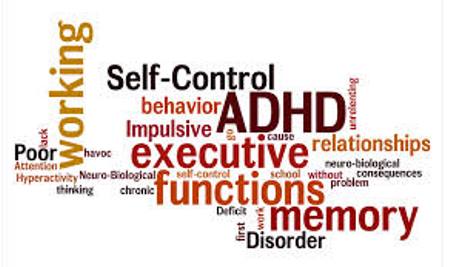
Free Range Children?
Tiger Mothers?
Helicopter Parents?
Better idea: Let’s create resilient children
By Dr. Michelle Hintz, Psychologist, for the SouthFloridaReporter.com, July 23, 2015 – We are constantly bombarded with an analysis of what parenting styles work best, or we post about which annoy us most. One such story concerns the French style of parenting and its connection to the low rates of attention deficit disorders in French children.
In my opinion, it all starts in the crib.
For their future – and yours – it’s important to know that a child’s ability to self soothe is developed at a young age and relies at least partly on parents resisting the instinct to calm the child themselves. It is a vital skill to learn. And yet this knowledge contrasts with the feeling that wells up in most parents when their child starts to cry. It’s painful to hear the sound of your crying child and not go to comfort them.
Healthy children and adults need to learn to deal with disappointment and move forward from a young age. Parents and guardians should create an environment in which a child can gradually improve at solving their own problems.
That is where the French are notably different, and it may be the key to why France has significantly lower rates of ADHD (0.5% as compared to the US rate of 9%). According to Marilyn Wedge, Ph.D., author and psychotherapist, it may be related to the significantly high expectations set by French parents which facilitate learning self-control at a very young age.
Parents in France tend to set more rules, which every member of the family understands clearly, and the “family hierarchy” is also well-defined and consistently applied. French parenting culture recognizes this practice as making children feel happier and safer. Too often, parents in the USA treat their children as ‘equals’ by including them in decisions, debating with them when they disagree, and fostering a sense that their needs demand immediate attention.
Secondly, the French expect their children to entertain themselves and not to need the constant attention that current generations of American parents provide their kids. Parents in the USA are known to over-schedule their children with structured activities and often express feelings of guilt if their child is simply playing at home. Partly a product of our own creation, these children then expect that their parents have planned their free time, leaving them few opportunities for entertaining themselves, and learning the play skills that impact their creativity and self-reliance.
The French rules and behavior norms provide kids with a safe space to learn, an environment that can be compared to a child playing in a fenced yard. Rules create ‘invisible’ fences, and a child can explore and grow mentally and emotionally stronger within those boundaries.
In this metaphorical yard, kids can do whatever they want and know that they will be safe and supported, as long as they observe the rules and keep to the established parameters. Within that safe space, children can be creative and learn to entertain themselves. They practice negotiation and problem-solving skills with their peers. They learn coping skills to deal with disappointment, establishing the resilience that is critical to adult life.
We in the USA need to learn to let babies cry it out when appropriate and then allow young children to ‘whine it out.’ As children grow up, parents alter the rules and boundaries which allows for greater independence, but they also come with expectations for the additional responsibilities.
As teenagers they can attempt to bargain or negotiate in order to solve their own problems, but ultimately, they still need to cope with limits and the disappointments that go along with unmet expectations. Successful negotiation during adolescence fosters self-trust as well as strengthening the bond of trust between parent and child.
Learning to self-soothe, coping with disappointment, delaying gratification, and being flexible when problem-solving are essential skills we all must master. All of these actions throughout the life of a child, through the teenage and adult years, lead to resilience and yes, the emergence of self-regulation, which is at the core of ADD.
Try this with your own family, and seek a therapist to help the entire family adjust to the new rules and expectations. Following this French formula will allow most of us to enjoy that glass of wine with a little less whine as accompaniment. And, it will do our children a whole lot of good, too.












